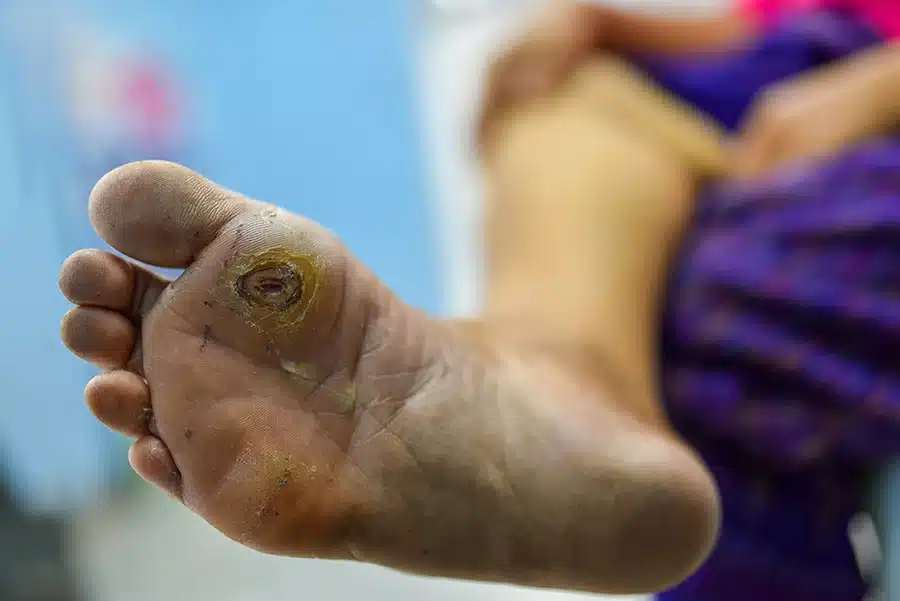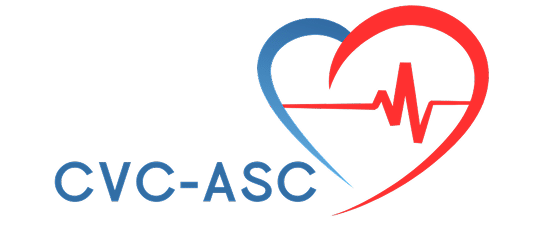
Peripheral artery disease (or PAD) affects millions of adults in the US. It’s a condition that occurs when veins in the legs become clogged. Left untreated, PAD can lead to heart attacks and strokes. That’s why CVCFL encourages people to come see us if they spot any signs of PAD. Our board-certified physicians can not only diagnose PAD, but they can help you manage it, too.
In order to stay informed, read through this guide on PAD and learn to recognize the early signs of peripheral artery disease.
What Is Peripheral Artery Disease (PAD)?
Muscle pain and cramps are the earliest signs of PAD. If you feel pain while walking, exercising, or doing physically strenuous activities such as climbing a staircase, then chances are that you might be suffering from peripheral artery disease.
This pain, which can occur in regions of the body ranging from the hips to the legs to the calves, is known as ‘claudication’. It occurs due to a blockage in the free flow of blood and oxygen into the muscles required during strenuous exercises. This lack of blood and oxygen is what causes the cramping.
Other Symptoms of Peripheral Artery Disease
While leg cramps are a powerful symptom of PAD, it isn’t the only symptom of peripheral artery disease. Numbness or coldness of the leg, sores on the leg that heal slowly, lack of a strong pulse in the leg, loss of hair in the legs, or slow growth of toenails can all be symptoms of PAD.
In men, the disease has been known to even cause erectile dysfunction.
Should You Consult a Doctor?
While some symptoms of PAD might seem less problematic to many, it is important to get PAD diagnosed and treated as soon as possible. If left undiagnosed or untreated, PAD can lead to serious cardiac events such as a heart attack or stroke.
However, there is no need for you to get alarmed. PAD can be diagnosed using tests such as an angiography, Doppler imaging, computed tomography arteriogram (CTA) scan, or magnetic resonance imaging (MRI) arteriogram. Once PAD is diagnosed, our consultant physicians at Cardiac and Vascular Consultants in Florida can help you get the treatment you need to avoid the complications of untreated PAD.
Best PAD Diagnosis and Treatment in Florida
If you have concerns regarding your heart health, call us at +1 352-633-1966 to schedule your visit at any of our Central Florida locations.
Cardiac and Vascular Consultants can guide you more efficiently towards the path to better health.


